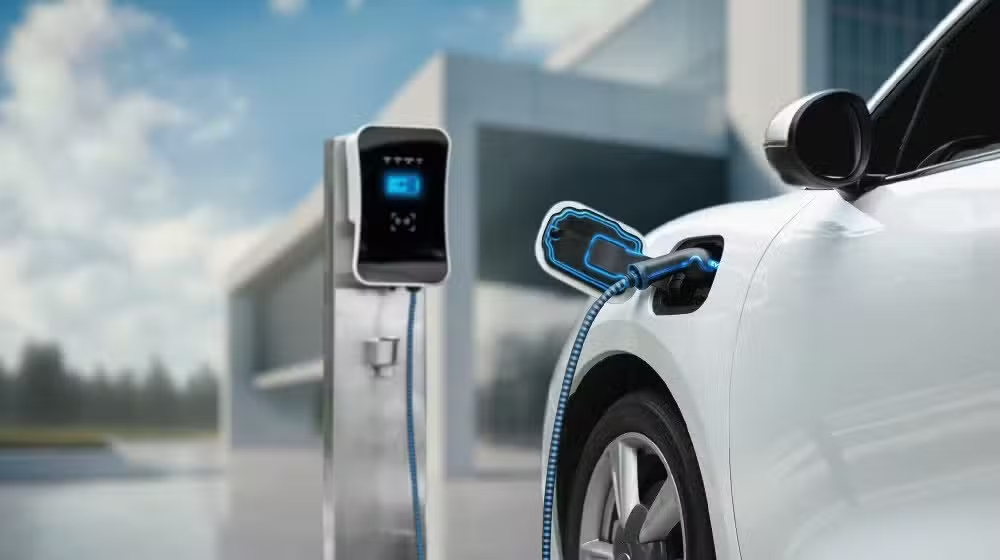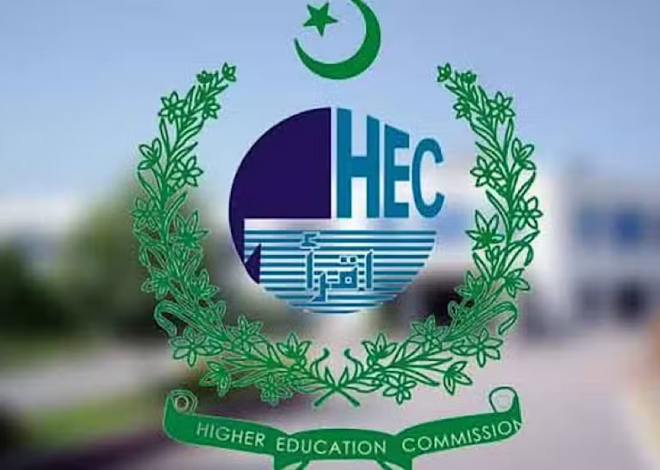
Government Plans Significant Reduction in Electric Vehicle Charging Tariffs
In a strategic move to promote sustainable transportation, the Pakistani government has announced a substantial reduction in electricity tariffs for electric vehicle (EV) charging stations. The tariff will be decreased by 45%, lowering the rate from Rs71 per unit to Rs39.70 per unit. This initiative aims to make EV usage more affordable and reduce the nation’s reliance on imported fossil fuels.
Encouraging Electric Vehicle Adoption
The high cost of EV charging has been a significant barrier to widespread adoption in Pakistan. By reducing the charging tariffs, the government seeks to alleviate this financial burden, making electric vehicles a more viable option for consumers. This policy change is expected to stimulate the EV market, leading to increased sales and a corresponding decrease in greenhouse gas emissions.
Alignment with National Electric Vehicle Policy
This tariff reduction aligns with Pakistan’s Electric Vehicle Policy 2019-2024, which sets an ambitious target for 30% of all vehicles to be electric by 2030. The policy focuses on creating a conducive environment for EV adoption through incentives, infrastructure development, and public awareness campaigns. The reduced charging costs are a critical component of this comprehensive strategy.
Economic and Environmental Benefits
Transitioning to electric vehicles offers multiple advantages:
- Economic Savings: Lower operational costs for EV owners due to reduced fuel expenses.
- Environmental Impact: Decreased air pollution and carbon footprint, contributing to improved public health and compliance with international climate agreements.
- Energy Security: Reduced dependence on imported oil enhances national energy security and economic stability.
Challenges and Future Outlook
Despite the positive implications, several challenges persist:
- Infrastructure Development: The need for an extensive and reliable network of charging stations across urban and rural areas.
- Grid Capacity: Ensuring the national grid can handle increased electricity demand from widespread EV usage.
- Public Perception: Overcoming skepticism and raising awareness about the benefits and practicality of electric vehicles.
Addressing these challenges requires coordinated efforts between government agencies, private sector stakeholders, and the public. Investments in infrastructure, technological advancements, and educational initiatives are essential to facilitate a smooth transition to electric mobility.
The Pakistani government’s decision to reduce EV charging tariffs marks a significant step toward sustainable transportation. By making electric vehicles more accessible and affordable, Pakistan is poised to achieve its environmental goals, enhance energy security, and foster economic growth in the burgeoning green technology sector.







